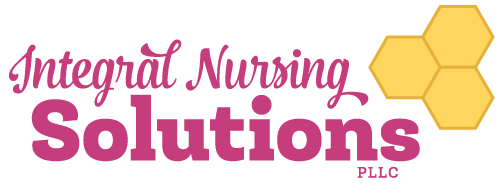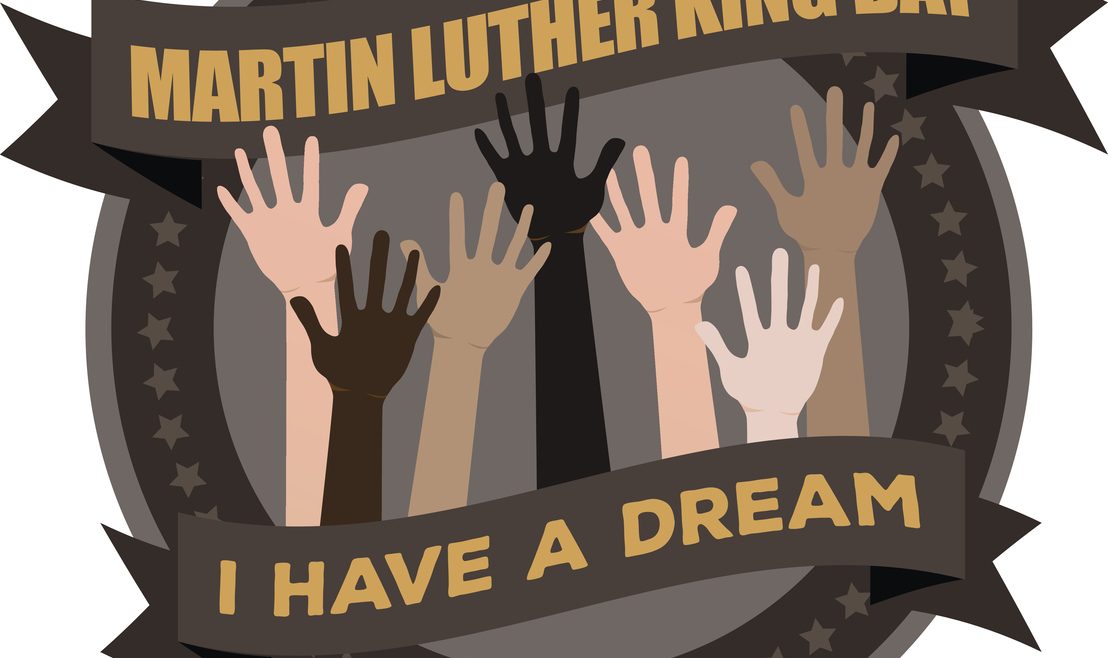Practicing Gratitude is Self Care
Gratitude is a form of Self care that benefits yourself and can be shared. My 22 year old client PS was pouting, sulking and complaining because something he wanted did not arrive in the mail. He was sharp in his responses to his parents who did everything they could think of to cheer him up to no avail. Mindful of what I was experiencing physically, emotionally and mentally as I completed my usual nursing tasks- med administration, trach care, bath, and whatever else was needed, I was acutely aware that this was an emotionally painful situation for everyone.
What a surprise at the end of that day for us all when I asked PS to tell us something for which he was grateful.
PS did not know what I was talking about as he and his parents focus on him, his needs, wishes, wants and  health. I defined gratitude and shared mine setting the stage for everyone to share. His parents shyly participated. PS could not find anything he was grateful for. After a few visits, PS was willing to agree with a gratitude his mom suggested. Over time, he has become willing to think of something he is grateful for at the end of each visit. PS’s physical health has not changed as gratitude does not reverse chronic debilitating, genetic conditions. It can however, influence how he handles the challenges he faces. PS is learning to focus on what is working and to nurture himself a little with the experience of gratitude. Practicing gratitude on the days I am there, seems to bring some emotional balance to the ongoing trials they face individually and as a family.
health. I defined gratitude and shared mine setting the stage for everyone to share. His parents shyly participated. PS could not find anything he was grateful for. After a few visits, PS was willing to agree with a gratitude his mom suggested. Over time, he has become willing to think of something he is grateful for at the end of each visit. PS’s physical health has not changed as gratitude does not reverse chronic debilitating, genetic conditions. It can however, influence how he handles the challenges he faces. PS is learning to focus on what is working and to nurture himself a little with the experience of gratitude. Practicing gratitude on the days I am there, seems to bring some emotional balance to the ongoing trials they face individually and as a family.
There is no way to measure what has happened in this home, but it’s my felt sense that there is enjoyment in the sharing. There is an increased sense of intimacy among the family members and myself, and they now have a tool to shift a negative emotional spiral. The Self care tool of gratitude opened the door for more information about the brain and the neuroscience of gratitude, which they seem interested in. I have no idea where this will lead the family over time. In retrospect, for me, it was a matter of Self care to bring it up initially- shifting the focus to something positive.
T he topic of self-care is now something that we talk about. The parents still have not changed any of their self-destructive patterns to date. However, they are working on the more subtle dimensions of growth and healing as they deepen and support the neural pathways for happiness in their brains by developing a gratitude practice. Healing happens in its own way, in its own time and sometimes is so subtle it is not measurable.
he topic of self-care is now something that we talk about. The parents still have not changed any of their self-destructive patterns to date. However, they are working on the more subtle dimensions of growth and healing as they deepen and support the neural pathways for happiness in their brains by developing a gratitude practice. Healing happens in its own way, in its own time and sometimes is so subtle it is not measurable.
Please share with us about your gratitude practice. Have you brought it to the bedside? Maybe you practice with your family. Maybe you have been considering developing such a practice. It is a great way to boost your spirits and move to seeing a half full glass rather than a half empty one. It is an integral aspect of our Vitality in Progress: Healing and Preventing Burnout for Nurses program which begins on May 7, 2017.
It is also a practice we use in the Self Care for Vitality Free Virtual Connecting Weekly Call-in for Nurses Join us on our weekly phone call. There is a short guided relaxation, followed by a short time for silence in community and optional sharing. Phone 712-432-3066 Pin 177444
![]() With Love,
With Love,
Padma



 Vital Exhaustion
Vital Exhaustion Some find our
Some find our 
 Contemplate privatizing health care. What are your thoughts and feelings about this? Is there a difference between health care and insurance care? What are the physical, emotional, mental and spiritual costs and benefits of each for our families, friends, our neighbors and the public in general? How does it impact your work?
Contemplate privatizing health care. What are your thoughts and feelings about this? Is there a difference between health care and insurance care? What are the physical, emotional, mental and spiritual costs and benefits of each for our families, friends, our neighbors and the public in general? How does it impact your work? functioning of our health care financing system.
functioning of our health care financing system.